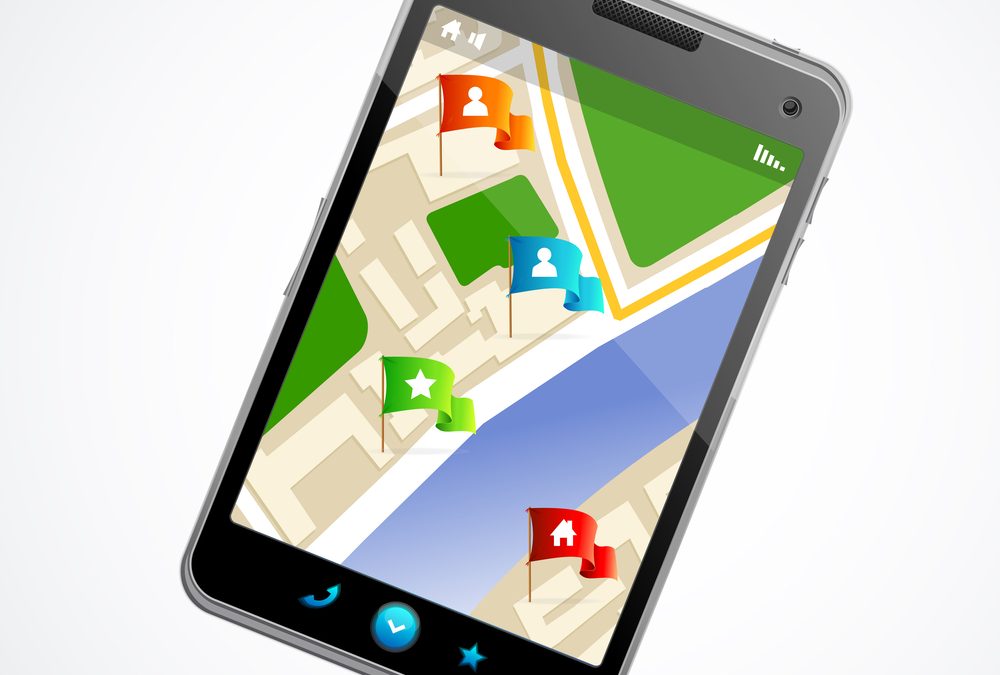 ‘A place where we can understand who we are.’
‘A place where we can understand who we are.’
This is how Gary M Burge describes ‘land’, a place, perhaps a nation or a geography, that people can call home.
For many people, naming ‘home’ is straightforward in as much as it is where they grew up and their family has always lived. Many of us in Leeds, though, live with a sense of both connection and disconnection with this city as home. This is because where ‘we are from’ is not ‘where we are’ due to the dynamics of migration and movement around the UK for employment. We can feel at home here as well as having a distinctive perspective on Leeds from our links elsewhere.
Brueggemann distinguishes between space and place. He speaks of space as an arena of freedom where there is emptiness and perhaps neutrality. This implies we can influence and design it to our purposes. Place is different in that it has historical meanings providing us with continuity and identity, and is not so malleable.
At Mary and Martha Meet (for parents and young children), we thought about our mental maps of Leeds. These are maps we have drawn where we live our family lives, and how we navigate the city, not just by roads but associations like churches, schools, pubs and parks. For some of us, there was an element of Leeds as a place we inherit, with a received history and community. But there was a stronger sense of Leeds as a space that is an arena where we create and discern meaning.
We also explored how a Christian perspective of the city is defining for us. It seemed important not to lay too strong a claim on our own place in Leeds but to seek to make it a space for a sense of us that is bigger than ourselves, immediate family and friends. We want to be part of working with others to create inclusion and fairness in Leeds.
Books by Bruge and Brueggemann referred to in this blog are available to borrow from the LCI library

